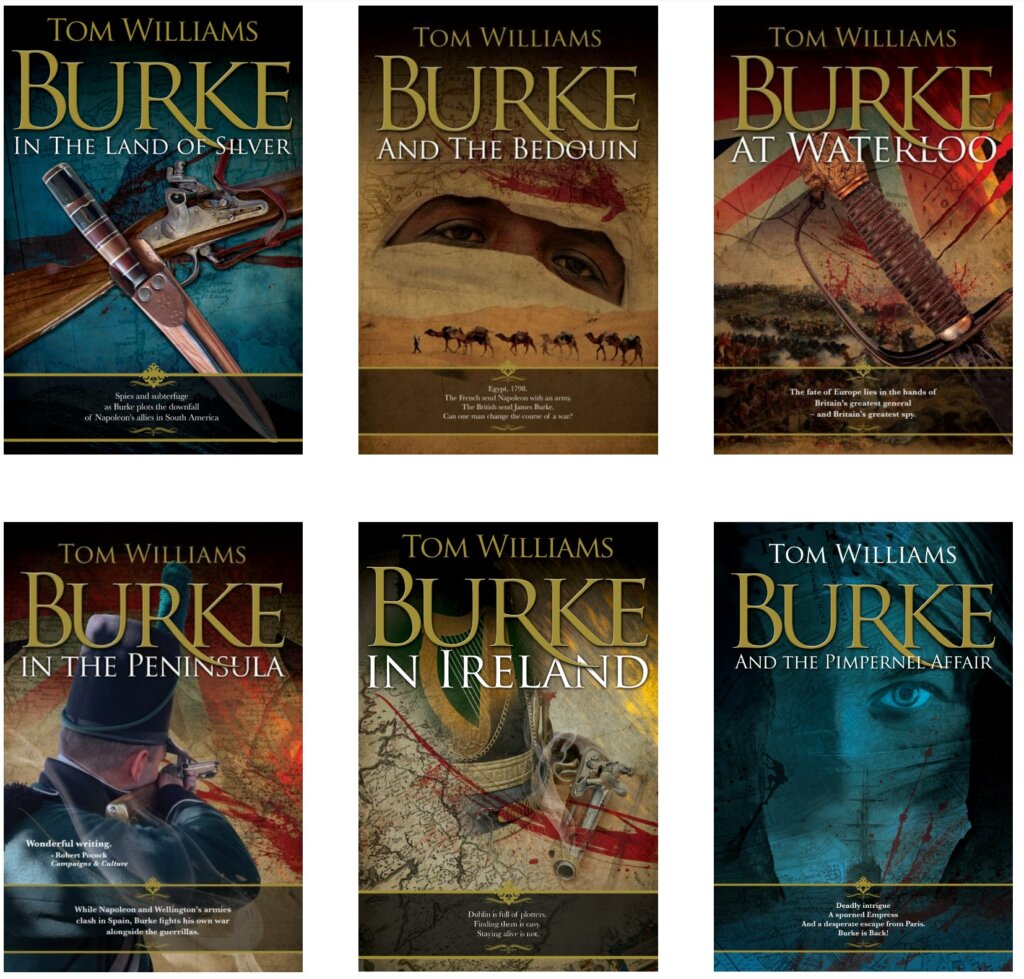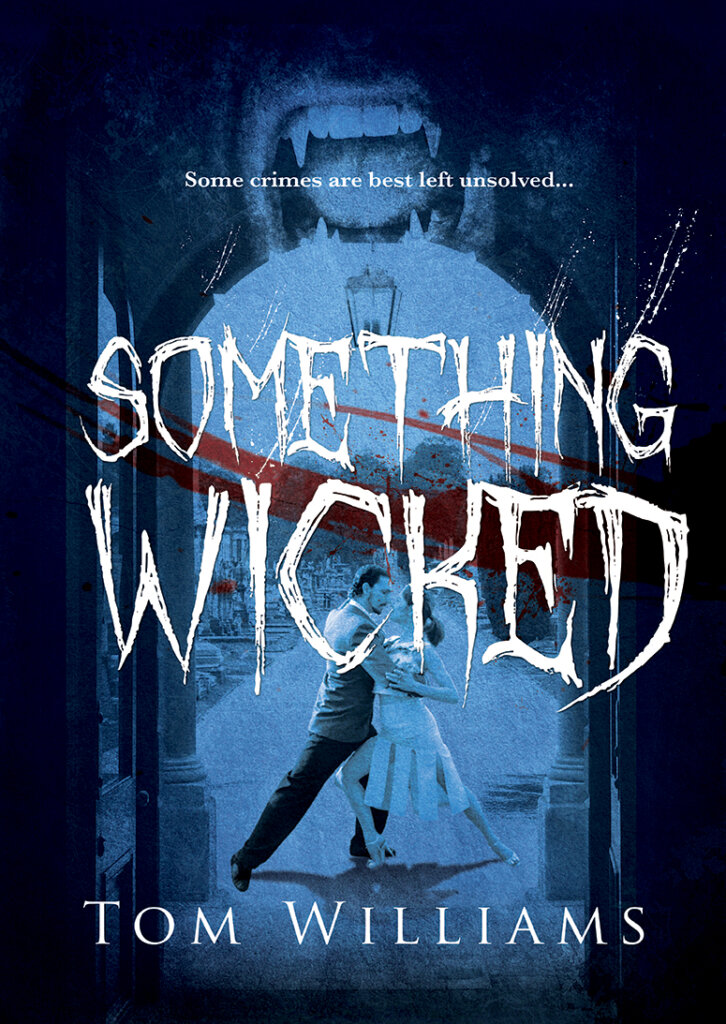I’m working on the next of the Burke books. All of the books in this series have a fight in somewhere. It may be a pitched battle between armies or a one-to-one fight. (I’ve had readers insist that there must always be some violence, That’s surely reasonable for action-adventure books, which these are.) In the latest, one of the fights involves seeing off a group of bad men who are forcing themselves on a beautiful woman. Fans of Lee Child’s ‘Reacher’ series will recognise the situation because Reacher has to deal with it in so many of the books. (There’s an example here: Jack Reacher (2012) – 5 Against 1 Scene (3/10) | Movieclips – YouTube)
I asked a friend if they thought it was too much like a Reacher fight. I used the word ‘derivative’. He replied, “It is very derivative of Lee Child but few people complain if they’re told they look exactly like George Clooney….”
I thought this was quite amusing and very flattering and I posted his response on my social media. A few people seemed to share my views but I got a couple of comments suggesting that being “derivative” was very undesirable and borderline immoral.
This got me thinking. How much do writers borrow from this style of other authors and does it matter?
It’s a real issue for me. Paul Collard (a much more successful historical fiction author than I am) described James Burke as “James Bond in breeches”. It’s a nice description because the Burke series consciously models itself on some aspects of the James Bond franchise. There’s a spymaster very like M, there’s always a girl, there is always a fight (see above) and Burke, like Bond, is sometimes morally ambiguous but will, in the end, do the right thing for his country. There’s a very clear nod to On Her Majesty’s Secret Service in one of the plots too. (I won’t say which one because Spoilers.) Not everyone will pick up the Bond connection but I think those who do will enjoy the books more for that. They are classic action-adventure spy stories, albeit in a carefully researched historical context, and people who enjoy action-adventure often enjoy these tropes. I don’t think I’m about to apologise for them.

The John Williamson papers are very different from the Burke series and poor conflicted John Williamson isn’t like James Bond at all. But a leading publisher described The White Rajah as “reminiscent of William Golding”. He decided to pass on the book in the end but that comment was intended as praise, not criticism.

It’s the Galbraith & Pole fantasy stories that are most awkward on the ‘Are you just ripping off other authors?’ front. The fact is that they are very like Ben Aaranovitch’s excellent Rivers of London series and that is a bit embarrassing. But I only know about this because a reader remarked on it. When I wrote Something Wicked (which introduced my vampire policeman, Chief Inspector Pole) I had never heard of Rivers of London, let alone read it. Anyway, I doubt Ben Aaronovitch is going to get too agitated: in the introduction to one of his Dr Who ‘New Adventures’ books he wrote, “Talent borrows and genius steals, New Adventures writers get it off the back of a lorry, no questions asked.”

Nobody writes in a vacuum. Almost all modern cosy crime mysteries owe something to Agatha Christie and you can’t write about vampires without a nod to Dracula. Everything has been done before by someone, somewhere. All us poor writers can do is try to build something new and interesting on the foundations we have inherited.
